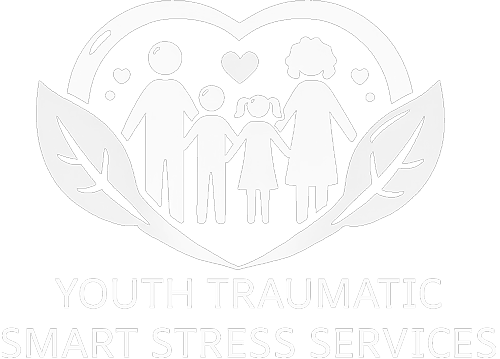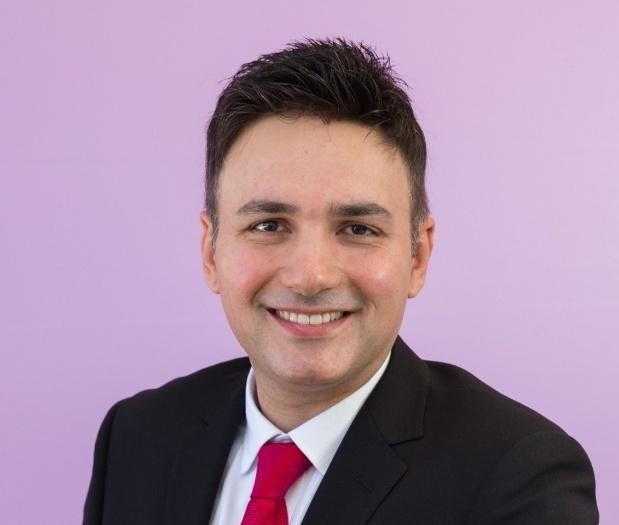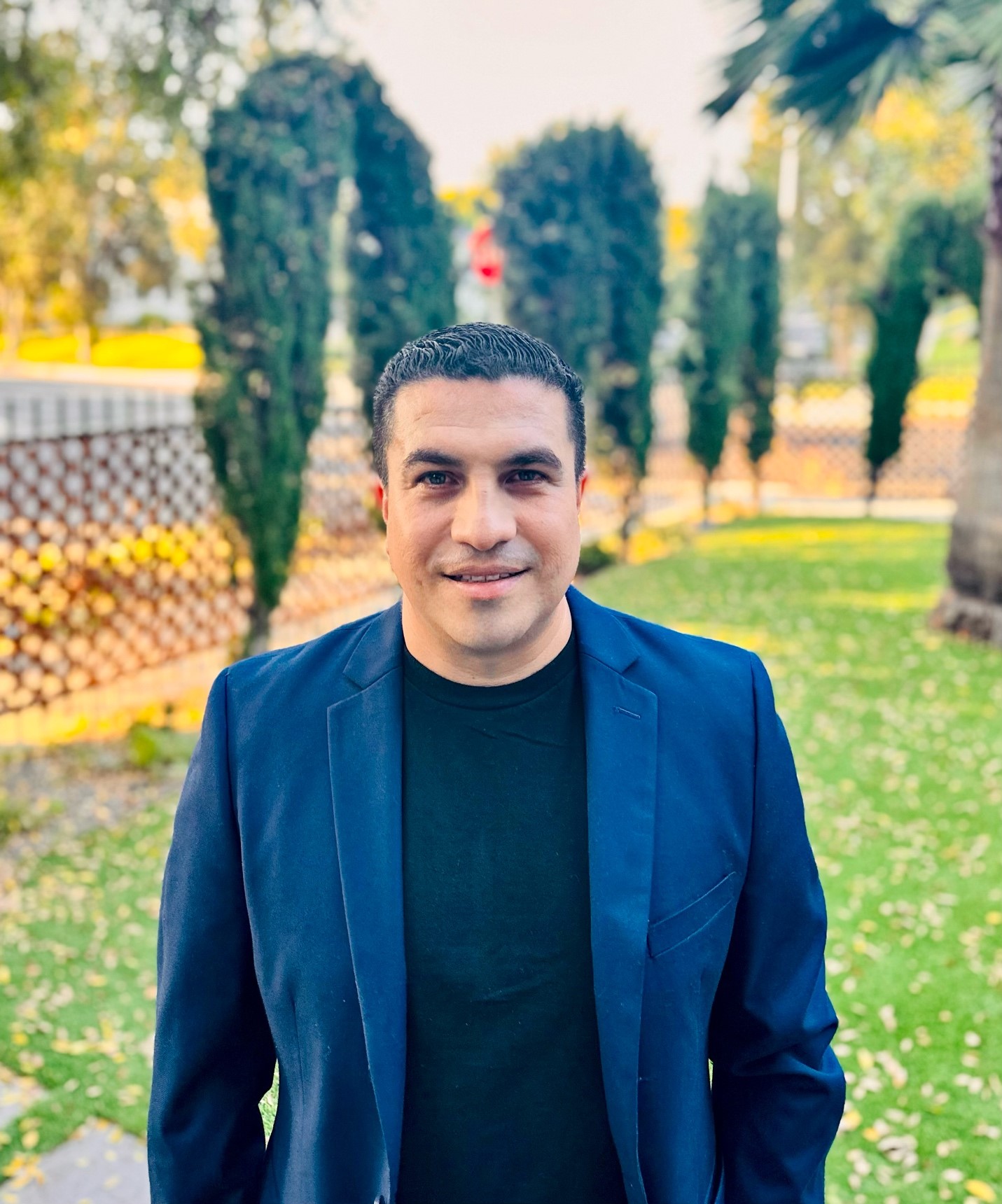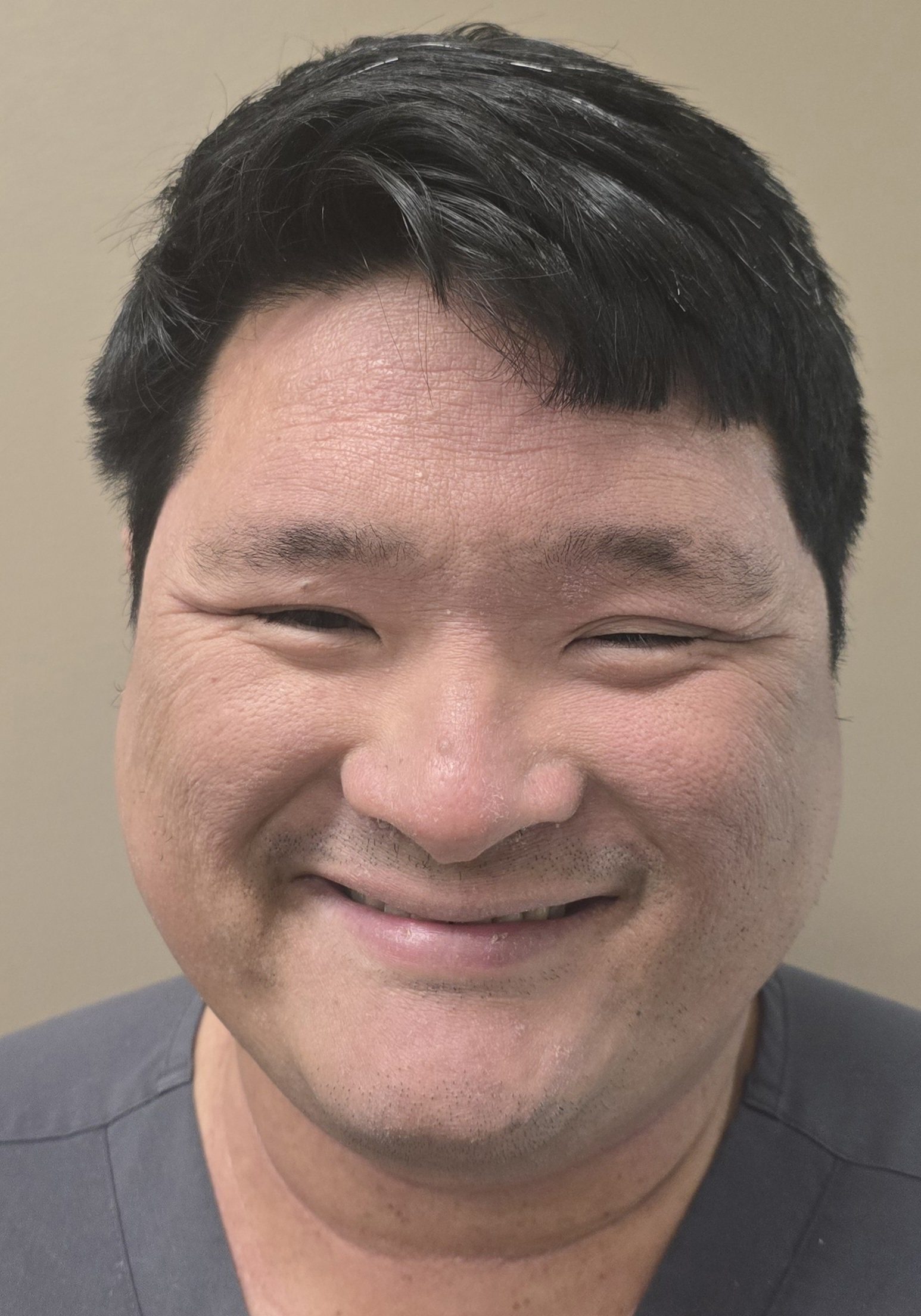OutreachOutreach
We are one community and achieving our goal of providing grief-enhanced trauma-informed services to youth, particularly those from vulnerable and underserved communities, requires collaboration. This is not the work of a single organization or profession; it is a shared journey that calls for collective effort. By working together, we can create meaningful changes and ensure that every young person receives the support they need.
Each of us has something valuable to contribute. Our diverse experiences, expertise, and perspectives make collaboration essential. While doctors and mental health professionals play a crucial role, support for youth extends far beyond clinical care. Teachers, mentors, community leaders, and everyday individuals all have the power to make a difference. It is through this inclusive approach that we can shift the focus toward preventative care, creating a system that prioritizes long-term well-being. Our model not only emphasizes personalized care but also places a strong focus on community and social engagement. We believe in the power of collective input and welcome collaboration with institutions, programs, and individuals dedicated to youth well-being. By working together and by listening and learning from each other, we can build a more supportive and responsive network that truly meets the needs of young people. Let’s unite in this effort to create lasting, positive changes.
PUBLIC OUTREACH:
Community Events:
We streamline psychoeducational webinars on grief-enhanced trauma-informed services here and on our YouTube Channel. Stakeholder and community events in our community will be highlighted.
Educational Resources:
The National Child Traumatic Stress Network (NCTSN) and Substance Abuse and Mental Health Services Administration (SAMHSA) websites provide thorough educational resources for youth at risk for traumatic stress disorder and maladaptive bereavement. We will post times and dates for our educational outreach here and look forward to working together on this.
Support Groups:
Through our Stress Resilience Program we provide youth with group therapies and interventions. This includes our Reminder Focus Positive Psychiatry intervention where youth participate in weekly live video group sessions online. Sessions consist of group skills education, group positive psychiatry, group focused relaxation techniques, as well as brief individual therapy with each participant. Caregivers and parents, just like youth, are part of weekly lives sessions to provide them with relaxation therapy and tools they can use to support youth. TGCTA is another intervention program that we administer as group or individual treatment sessions for youth experiencing traumatic stress or maladaptive grief reactions. It is composed of a driven assessment and modules that teach youth and their families about the interconnectedness between trauma and grief and how to address the issues that arise from traumatic experiences. TGCTA follows a wellness-oriented public health framework and therefore can be applied in various settings including support groups, schools, community centers, juvenile justice facilities and other organizations that provide services to youth.
Patient Advocacy:
Our goal is to provide all youth with equitable and competent care. Receiving support from professionals, adults, and peers who understand traumatic experience and a community that advocates for more accessible mental health services for all is essential to breaking the taboo that revolves around mental health. We utilize and advocate for trauma-informed and grief-enhanced approaches that are sensible to the different adversities youth face. Community is important and therefore we share ways to use existing support systems and ways to find more accessible mental health services and resources for all through our integration of socioeconomic repertoire. Parents are one of the strongest advocates for youth and therefore play a crucial role in patient advocacy as well as recovery. Similar to youth, educating parents and other adults about mental health is necessary and therefore we advocate for interventions that treat youth, families, and the broader community as a cohesive unit. Safe Alternatives for Teens and Youths-Acute (SAFETY-A) is a family-centered emergency intervention for suicide and self harm. This approach emphasizes reducing risk and ensuring continuity of care by working collaboratively with families, youth and clinicians to create a safety plan and enhance protective factors like social connectedness. We believe in the power of collective input and welcome collaboration with institutions, programs, and individuals dedicated to advocating for youth well-being.
PROFESSIONALS OUTREACH:
Continuing Education:
We have developed a new comprehensive care model named the Grief-Enhanced Trauma-Informed Care Process Model (GTC). Through this innovative approach we are able to provide youth and their families with informed and effective interventions that are designed to treat and prevent youth from developing traumatic stress disorders. GTC shifts the current paradigm that mental health operates under which is to provide the same care to all instead of conducting universal screenings and then providing tailored and targeted care that is based on the needs and strengths of each individual. Our GTC model also encompasses using a variety of Grief-Enhance Trauma-Informed Interventions (GTI) that are designed and adapted to provide more effective care to at- risk youth. GTC should and can be implemented into many clinical settings and other environments that provide care to youth. Learning about this model and finding ways for it to be implemented into various settings and services is crucial to the process of changing the way we approach mental health. Therefore, we encourage mental health and medical professionals to reach out to our team to discover ways that they can expand their knowledge on trauma and how they can best integrate GTC in their own settings and practices to help youth and their families thrive.
Professional Networking:
Sharing the best practices, techniques, skills and treatments with peers and other mental health professionals is key to expanding access to equitable and effective treatments and interventions. Our mission is to improve access to care for youth and this is dependent on creating and growing a network of professionals with the same goals and priorities. This will allow youth from all regions, demographics and identities to receive the informed and enhanced services they need to overcome traumatic stress and future adversities. Availability of mental health care is limited and can be even more difficult to find for families who are overwhelmed and lack the mentorship to navigate the complicated and dreadful process of finding competent care. Therefore, we encourage therapists, psychiatrists, pediatricians, social workers, and other clinicians delivering care to youth to unite and join us in ensuring that our catchment area has sufficient available services and interventions that are trauma-informed and grief-
enhanced in order to provide the proper care that all youth deserve. We also encourage other professionals who do not specialize in the area of youth healthcare to familiarize themselves with our initiative and our enhanced model in order to create awareness and even offer referrals to our team for youths that would benefit from GTC. All professionals are encouraged to connect with our team and to utilize our available resources and network.
Clinical Collaboration:
Collaboration is an essential part of clinical care and science and therefore we share opportunities on how to get involved with our mental health initiative. Implementing protocols and systems that leverage clinical collaboration between professionals and providers is key to building a strong support system and care team for youth. Together, we must ensure that qualified professionals who possess the necessary knowledge, skills, and abilities to deliver effective trauma-informed clinical services continue to share their expertise with other professionals to maximize our impact and reach. Providing necessary services means implementing clinical care that reinforce positive characteristics while addressing areas of need. This can be achieved through psychoeducation and interventions that empower individuals to utilize their internal strengths and support systems as is highlighted by one of GTC’s key components
called Positive Biopsychosocial Profile (PBP). As professionals in the field we can also learn from PBP and we utilize our strengths and expertise for the greater good to continue to create stronger support systems and more effective care for youth. This also includes working with community partners and stakeholders to understand the broad perspective of the public and those we serve in order to ensure that we are meeting the needs of youth and their families. Therefore, we encourage everyone to visit our Application Forms page in order to connect with us and find possible clinical collaboration opportunities.









